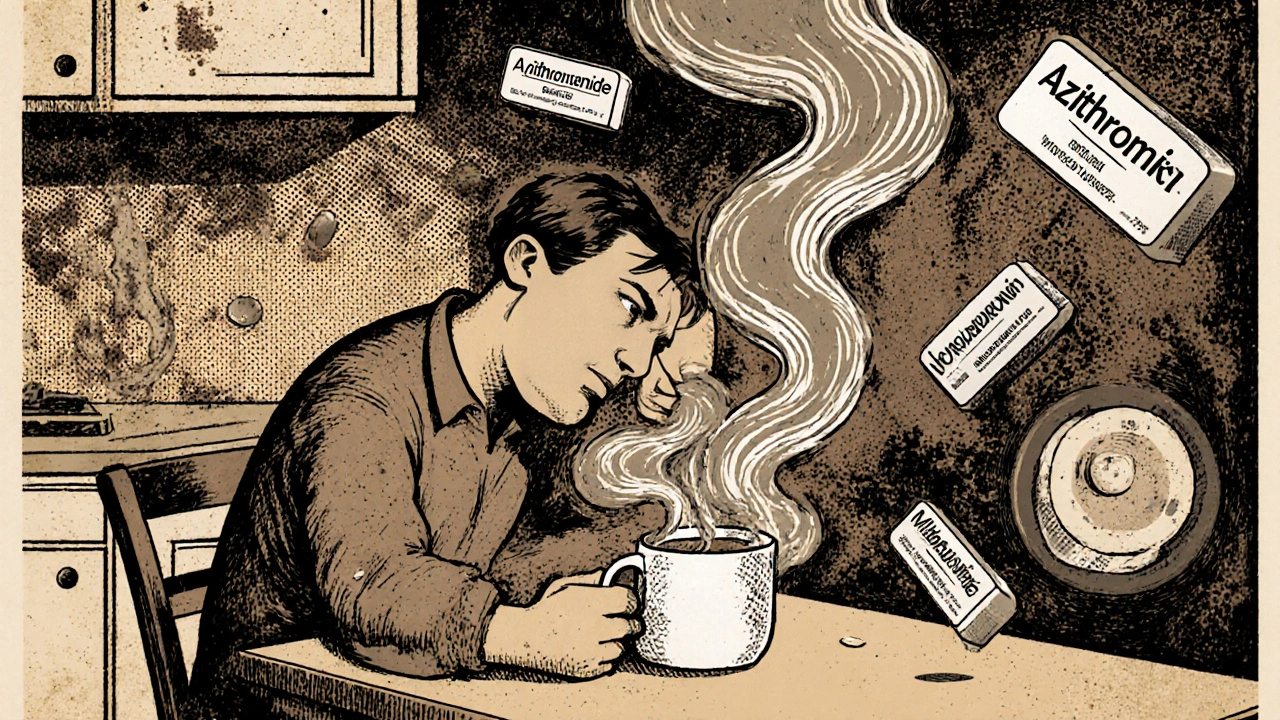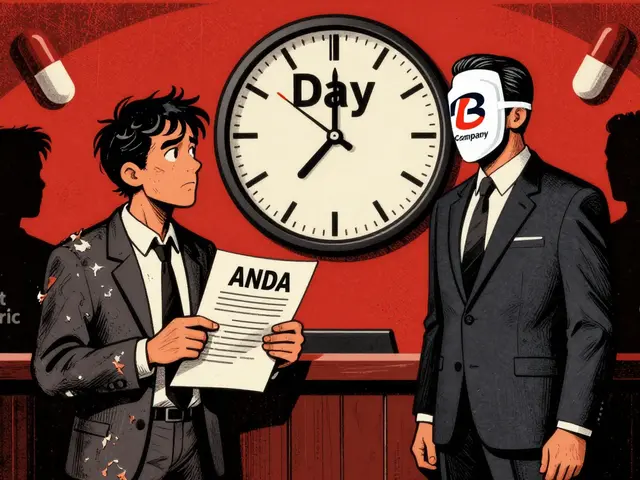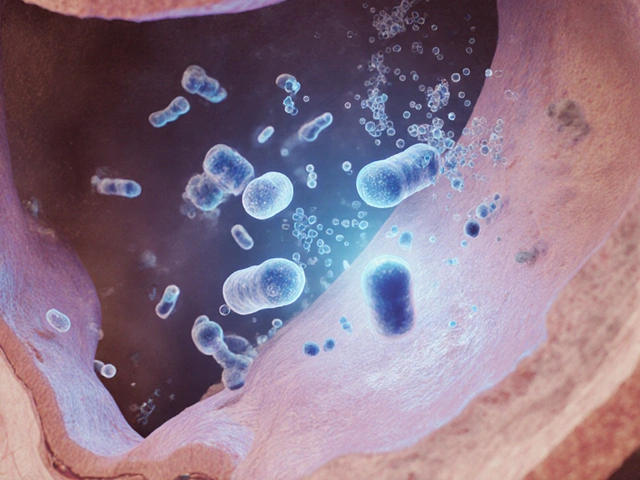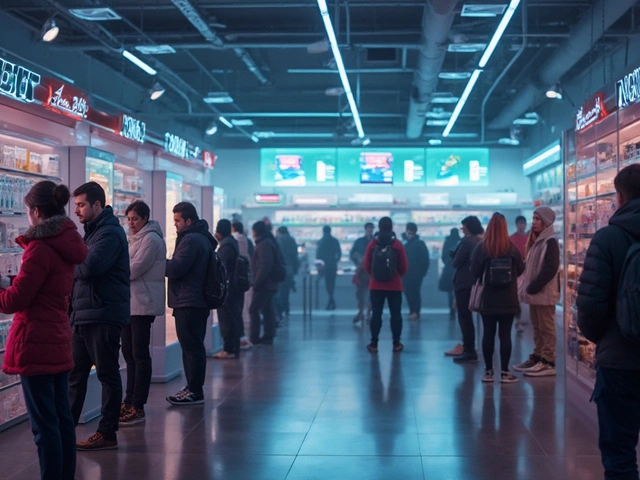Dysosmia: Causes, Impact, and What You Can Do About Smell Loss
When you can’t smell your coffee, your food tastes like cardboard, or everything suddenly smells like burnt plastic, you’re not imagining it—you’re experiencing dysosmia, a distortion or loss of the sense of smell. Also known as olfactory dysfunction, it’s not just an inconvenience—it’s a signal your body is trying to send. This isn’t rare. After a cold, head injury, or even long COVID, many people wake up to a world that smells wrong—or not at all.
Dysosmia includes two main types: anosmia, the complete loss of smell, and parosmia, when familiar smells turn foul or unrecognizable. Both can be caused by viruses, nasal polyps, head trauma, or even certain medications. For example, some antibiotics, blood pressure drugs, and nasal sprays have been linked to smell changes. And while aging naturally dulls the sense of smell, sudden or severe changes often point to something deeper—like neurological conditions or chronic inflammation.
People with dysosmia don’t just lose flavor—they lose safety. They might not smell gas leaks, spoiled food, or smoke from a fire. Appetite drops, weight falls, and depression creeps in. Studies show nearly half of those with long-term smell loss report symptoms of anxiety or depression. It’s not just about taste; it’s about connection—to meals, memories, and even other people.
The good news? Some cases improve on their own, especially after infections. Smell training—sniffing strong scents like rose, lemon, eucalyptus, and clove twice a day—has helped many regain function. But if your smell hasn’t returned in a few months, or if things suddenly smell wrong without a clear cause, it’s time to see a specialist. ENT doctors and neurologists can run tests to rule out tumors, nerve damage, or autoimmune issues.
Below, you’ll find real patient stories and expert breakdowns on how dysosmia connects to medications like nasal steroids, antidepressants, and even common acid reflux drugs. You’ll also see how conditions like kidney disease, diabetes, and chronic sinus infections can silently affect your nose. This isn’t just about sniffing perfume—it’s about understanding your body’s warning signs and knowing what steps to take next.

Many medications can distort your sense of smell, causing food to taste foul or phantom odors to appear. Learn which drugs cause dysosmia, how long it lasts, and what you can do to recover.
Continue Reading




